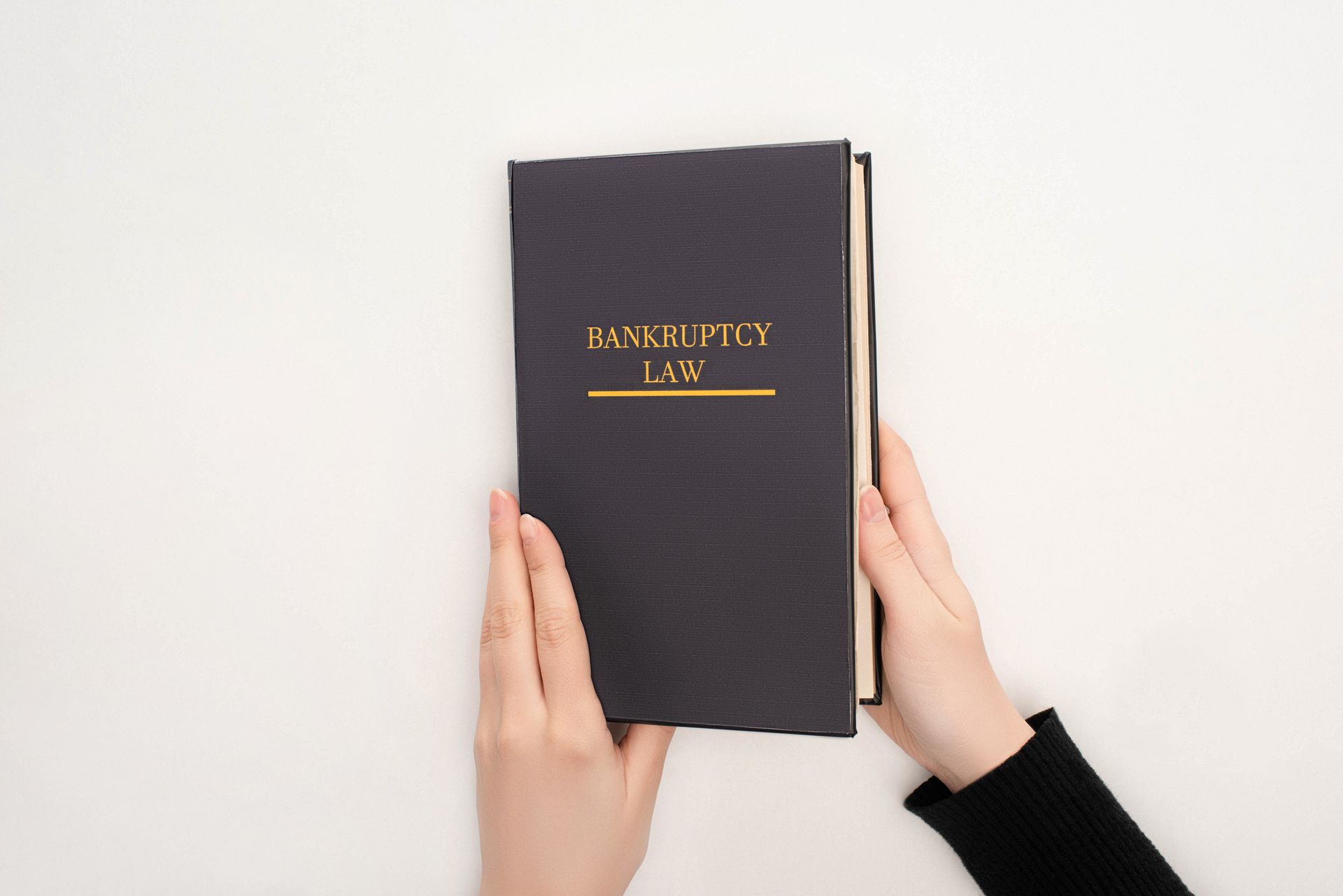Chapter 7 vs Chapter 13 Bankruptcy: Which is right for you?
Chapter 7 vs Chapter 13 Bankruptcy: Which is right for you?
Bankruptcy can be a scary and overwhelming experience for anyone, but it’s important to remember that it’s a tool for financial relief and a chance to restart your financial life. If you find yourself in a position where you can’t afford to pay your debts, there are different options available. Chapter 7 and Chapter 13 are two types of bankruptcy that individuals often file. In this blog post, we’ll be discussing the difference between Chapter 7 bankruptcy and Chapter 13 bankruptcy, who should file for Chapter 13 bankruptcy, and how we can assist Chattanooga residents with their bankruptcy matters at Kenneth C. Rannick P.C.
Chapter 7 bankruptcy:
Chapter 7 bankruptcy, also known as a “straight” bankruptcy, involves the liquidation of non-exempt assets to repay creditors. In most cases, a debtor is allowed to keep their primary residence, car, and other essential property. Chapter 7 bankruptcy is a good option for those who have little or no income and want to eliminate all debts.
To file for Chapter 7 bankruptcy, the debtor must pass the means test, which determines if the debtor’s income is below the median income level in their state. If the debtor’s income is above the median level, there may be restrictions placed on their eligibility to file for Chapter 7 bankruptcy. It’s important to note that certain debts, such as student loans and taxes, cannot be discharged through Chapter 7 bankruptcy.
Chapter 13 bankruptcy:
Chapter 13 bankruptcy, also known as a “reorganization” bankruptcy, allows debtors to create a repayment plan to pay off their debts over a period of three to five years. This type of bankruptcy is a good option for those who have a regular income, can afford to pay some of their debts, and want to keep their non-exempt assets.
To file for Chapter 13 bankruptcy, the debtor’s unsecured debts cannot exceed $394,725, and secured debts cannot exceed $1,184,200. The debtor must also have a reliable source of income to make the scheduled payments. It’s important to note that all debts must be paid off during the repayment period by the debtor, and any remaining debts will be discharged at the end.
Who should file for Chapter 13 bankruptcy:
Chapter 13 bankruptcy may be a good option for individuals who have a regular income but are struggling to pay their debts. This type of bankruptcy allows you to create a repayment plan without being forced to sell your assets. Additionally, Chapter 13 bankruptcy may be a good option for those who can’t qualify for Chapter 7 bankruptcy, as there are no income restrictions.
At Kenneth C. Rannick P.C. we can assist the Chattanooga residents with bankruptcy matters. We can advise you on which type of bankruptcy may be right for you. Our team will help you through every step of the process, from filing paperwork to establishing eligibility and completing repayment plans. Depending on your situation, we may also be able to negotiate with your creditors and settle debts outside of bankruptcy.
If you are considering bankruptcy, it’s important to understand that it’s not the end of the world. Bankruptcy is a tool that can help you escape overwhelming debt and start fresh. Both types of bankruptcy have their unique advantages, and the right choice for you will depend on your individual circumstances. At Kenneth C. Rannick P.C., we are committed to helping Chattanooga residents take control of their financial lives. Our team is ready to guide you through the process of filing for bankruptcy and ensure that your financial future is as bright as ever.










